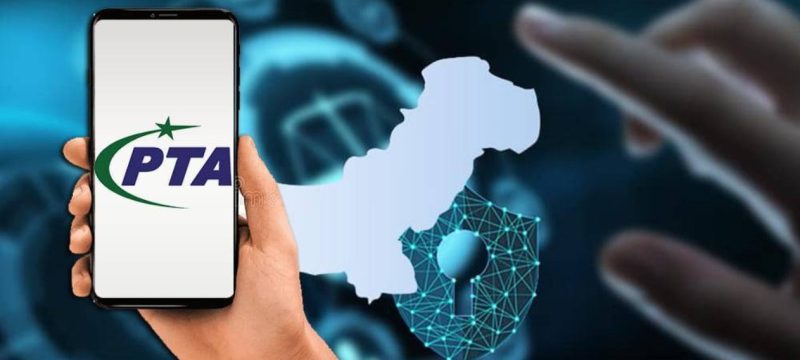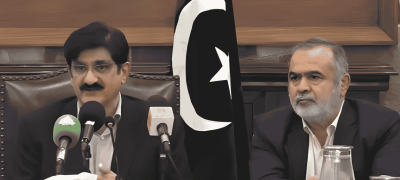The Pakistan Telecommunication Authority (PTA) has announced plans to restrict the use of virtual private networks (VPNs) to curb access to pornographic content in the country. This decision follows a recent disruption in VPN services that affected IT companies and call centers reliant on VPNs for serving international clients.
The PTA’s statement highlighted the extensive blocking of inappropriate content, including over 100,000 URLs with blasphemous material and more than 844,000 pornographic websites. The regulator emphasized that VPNs are often used to bypass these restrictions, undermining efforts to block harmful content, including pornographic websites, which reportedly experience around 20 million daily access attempts from within Pakistan.
Also Read: Over 20 Million Daily VPN Attempts to Access Porn in Pakistan: PTA
The PTA clarified that it is working to tackle unlawful online content in response to a letter from the Ministry of Religious Affairs and Interfaith Harmony, which raised concerns about the widespread availability of pornographic and blasphemous material. The ministry noted that Pakistan is among the countries with the highest viewership of adult content, a situation seen as detrimental to public morality, particularly for young people.
However, industry experts have criticized the PTA’s actions, questioning its ability to monitor VPN usage effectively. They argue that the real target is social media platforms like X (formerly Twitter) rather than pornography, as monitoring VPN traffic to determine specific content being accessed is technically challenging.
In response to concerns from IT businesses affected by VPN restrictions, the PTA has launched a VPN registration process aimed at ensuring uninterrupted access for legitimate users. The streamlined process allows IT companies, freelancers, and other stakeholders to register their VPNs through an online portal, supporting the country’s growing digital economy.
This move comes after a consultation session hosted by the PTA with representatives from the Ministry of IT & Telecommunication, the Pakistan Software Export Board, and the Pakistan Software Houses Association. The PTA’s actions underscore a balancing act between regulating online content and maintaining a secure environment for the digital and IT sectors while addressing national security concerns.









